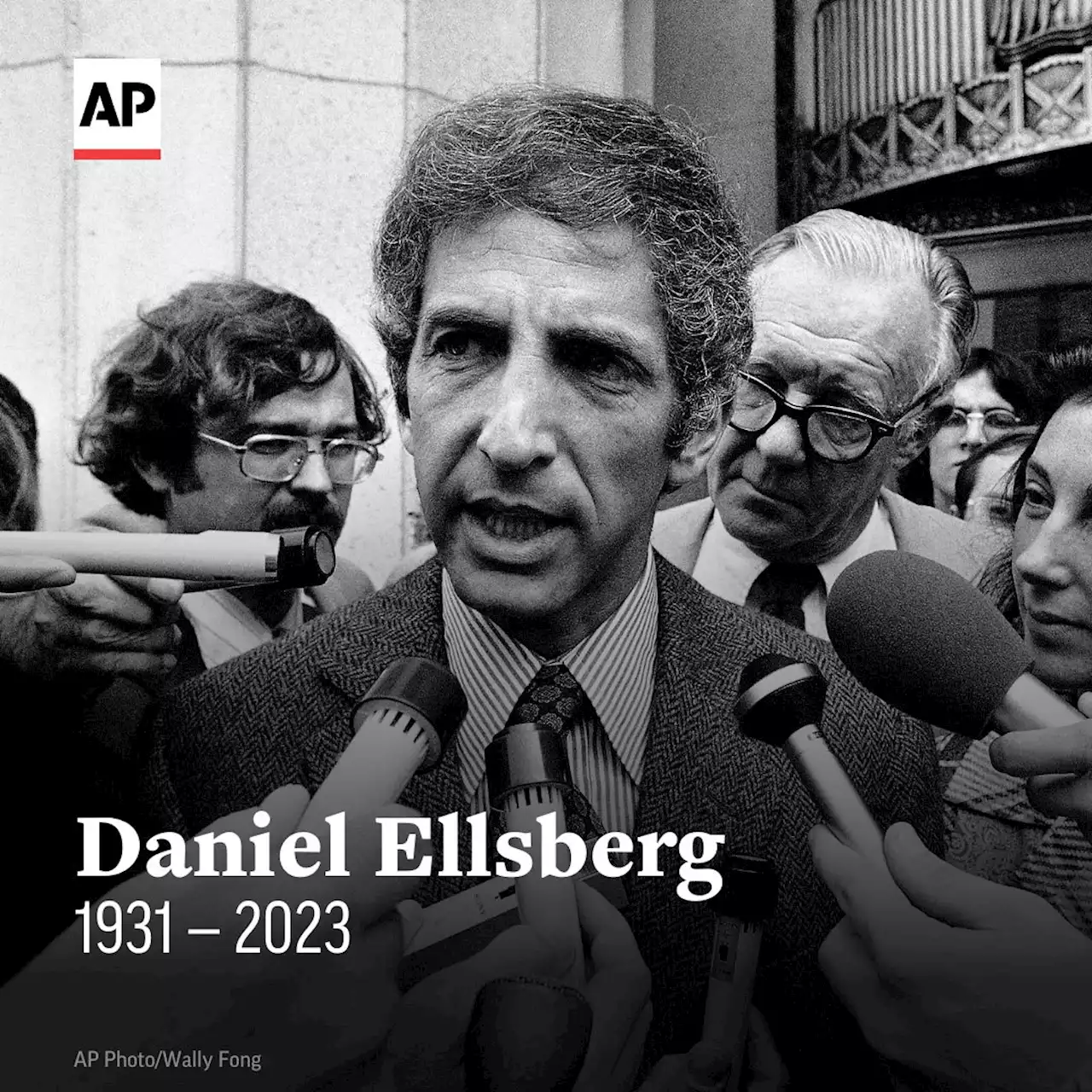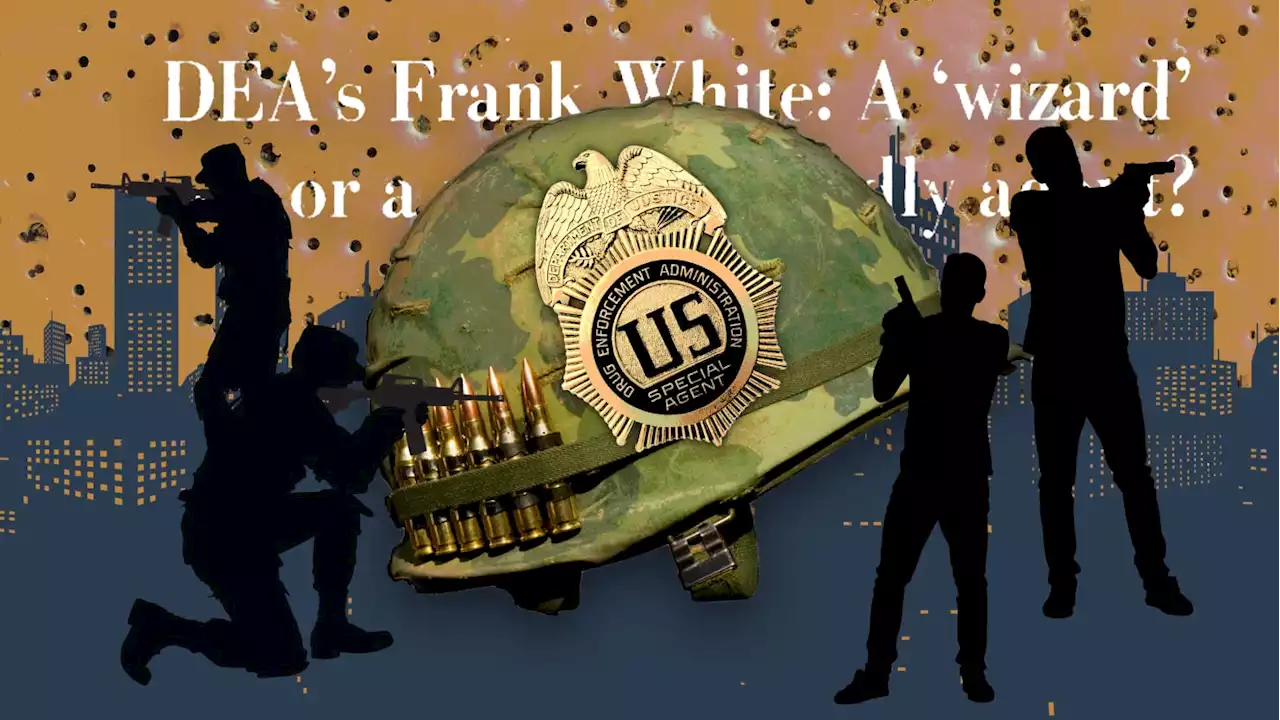Around the DEA, they’re called the Jurassic Narcs: the hard-charging Vietnam veterans who formed the core of the early agency.
On the muggy summer night of July 31, 1980, the Drug Enforcement Administration organized a sting operation at the Pompeii Warehouse south of Miami. Five undercover agents waited inside the warehouse with the drugs—15,000in the back of a GM rental truck, which they planned to sell for $1 million cash.
White flashed back to his partner, Frank Tummillo, killed in a rip-off in Times Square eight years earlier. President Nixon used the young agent’s death to rally support for his fledgling “war on drugs.” “We cannot bring Frank Tummillo back again any more than we can bring back the American soldiers who have given their lives in Vietnam,” President Nixon said in a radio address. Five months later, Nixon would escalate the war on drugs, launching the DEA.
Bright muzzle flashes illuminated the night sky as White’s teammates emptied shotgun slugs and buckshot into the truck’s cab. Leaning against the truck, White could feel the bullets pound into the sheet metal. Figuring the driver was still a threat, White leaped onto the truck’s running board, grabbed the passenger door handle with his left hand, swung his pistol around with his right, and fired another clip at the dealer.
Around the DEA, they’re called the Jurassic Narcs: the hard-charging Vietnam veterans like White who formed the core of the early agency. They were sent to fight an un-winnable and unpopular war abroad, only to be recruited to fight the un-winnable war on drugs back in the U.S. The agents applied their Vietnam experience to dangerous undercover operations in drug-infested urban environments. “The tactics you learn in Vietnam,” White told me, “it’s often eyeball to eyeball. Up close.
The debate rages on, some 50 years later. The ACLU has warned about the excessive militarization of American policing, pointing to a classified DEA memo that “all but confirms the blurring of the lines between the drug war and the U.S. military.” American voters, meanwhile, have lost confidence in the government’s approach to drug enforcement. Eighty-three percent of Democrats, 85 percent of Independents, and 82 percent of Republicans believe “the war on drugs has failed.””The Myth of the Addicted Army: Vietnam and the Modern War on Drugs
White counted himself lucky to graduate in 1965, just as the Vietnam War was heating up. He believed that America would lose in Vietnam, having studied the experience of the French, but that mattered less to him than putting his training to the test. “I was 22 years of age, I was a paratrooper, and I wanted to lead men in combat,” White recalled. On the flight to Vietnam, however, he worried about how he’d react under fire, whether he’d freeze up.
Despite excelling as a frontline commander, White had no desire to become a career military man. After serving for a year in Vietnam, all of it spent in the jungle, he was debating what to do next when a Huey helicopter landed at his team’s jungle camp, flattening the tall grass with its propwash. There was a mailbag on board, with a letter from White’s father. The letter contained a newspaper clipping about a team of daring federal narcotics agents busting drug dealers in New York.
Even with nine slugs in him, the former heavyweight boxer dragged himself across the center console and opened the passenger’s side door. Looking out, drenched in blood, Robinson saw White’s rookie partner, Frank Tummillo, pointing a revolver at him. Tummillo represented a more restrained model of drug enforcement, as when he’d lowered his pistol during the Robinson shootout. “He was unique as an agent,” White would recall. “Quiet, considerate. Most people are more boisterous, loud, more cop‐type, aggressive.” White added, “Everybody had dignity, to [Tummillo]. Many times he said he was sorry for [the dealers], they’d grown up in ghetto conditions, where the only people they could look up to were peddlers driving their Cadillacs.
White sped to the hospital in his sedan, his mind swirling. Earlier that day, Tummillo had told White that he was nervous about the operation and planned to back out. The young agent was less experienced with a gun than combat-savvy White. Set to marry his high school sweetheart in a couple months, Tummillo had confessed to White that he might not be cut out for the dangerous work of an undercover narc. White had promised his young partner that whenever a shootout went down, he’d have his back.
After eight years leading DEA groups in New York, White was told by his supervisor that his tactical expertise was needed elsewhere. Cocaine was flooding into South Florida, triggering a spike in violence and murders. “We’re sending you to Miami,” White’s supervisor said. White leaped from his vehicle, fired from behind Miranda’s car and hit him twice in the head. The DEA conducted an internal probe, and Reno’s office launched a second homicide investigation. “It was known that Janet Reno… wanted to charge him,” a state attorney would recall.you arrest a guy like that?” In a search of Miranda’s compound, DEA agents found machine guns, shotguns, and pistols; a silencer-equipped .
Two years later, he grudgingly left Peru and was transferred to the DEA’s Chicago field office. There, as Associate Special Agent in Charge, he openly criticized President Bill Clinton and Attorney General Janet Reno for what he saw as their lack of resolve in the war on drugs.
Malaysia Latest News, Malaysia Headlines
Similar News:You can also read news stories similar to this one that we have collected from other news sources.
 'That Guy's Gotta Go': Jurassic Park Writer Tried To Cut Jeff Goldblum's Ian MalcolmJurassic Park screenwriter David Koepp reveals how he almost tried to cut Jeff Goldblum's character Ian Malcolm from the 1993 movie's original script.
'That Guy's Gotta Go': Jurassic Park Writer Tried To Cut Jeff Goldblum's Ian MalcolmJurassic Park screenwriter David Koepp reveals how he almost tried to cut Jeff Goldblum's character Ian Malcolm from the 1993 movie's original script.
Read more »
 Daniel Ellsberg, who leaked Pentagon Papers exposing Vietnam War secrets, dies at 92Daniel Ellsberg, the government analyst and whistleblower who leaked the Pentagon Papers in 1971, has died at 92. The leak of the 7,000 page Defense Department study revealed that officials had doubts about U.S. strategy in Vietnam, fueling the debate on U.S. involvement in southeast Asia. President Richard Nixon became so angry about the leaked material that he approved illegal actions which helped lead to his resignation in 1974. Ellsberg later was a prominent free speech and anti-Iraq war activist, and a champion of such future whistleblowers as Edward Snowden.
Daniel Ellsberg, who leaked Pentagon Papers exposing Vietnam War secrets, dies at 92Daniel Ellsberg, the government analyst and whistleblower who leaked the Pentagon Papers in 1971, has died at 92. The leak of the 7,000 page Defense Department study revealed that officials had doubts about U.S. strategy in Vietnam, fueling the debate on U.S. involvement in southeast Asia. President Richard Nixon became so angry about the leaked material that he approved illegal actions which helped lead to his resignation in 1974. Ellsberg later was a prominent free speech and anti-Iraq war activist, and a champion of such future whistleblowers as Edward Snowden.
Read more »
 Daniel Ellsberg, who exposed the the truth behind the Vietnam War, dies at 92After Ellsberg leaked the Pentagon Papers, Henry Kissinger dubbed him “the most dangerous man in America.”
Daniel Ellsberg, who exposed the the truth behind the Vietnam War, dies at 92After Ellsberg leaked the Pentagon Papers, Henry Kissinger dubbed him “the most dangerous man in America.”
Read more »
 Daniel Ellsberg, who leaked Pentagon Papers, helped push the US withdrawal from Vietnam, dies at 92Daniel Ellsberg, who leaked the top-secret Pentagon Papers and helped push the US withdrawal from Vietnam, dies at 92.
Daniel Ellsberg, who leaked Pentagon Papers, helped push the US withdrawal from Vietnam, dies at 92Daniel Ellsberg, who leaked the top-secret Pentagon Papers and helped push the US withdrawal from Vietnam, dies at 92.
Read more »
 Daniel Ellsberg, who leaked Pentagon Papers exposing Vietnam War secrets, dies at 92Daniel Ellsberg, the former military analyst who leaked the documents on the Vietnam War known as the Pentagon Papers, has died at the age of 92, according to multiple reports.
Daniel Ellsberg, who leaked Pentagon Papers exposing Vietnam War secrets, dies at 92Daniel Ellsberg, the former military analyst who leaked the documents on the Vietnam War known as the Pentagon Papers, has died at the age of 92, according to multiple reports.
Read more »
